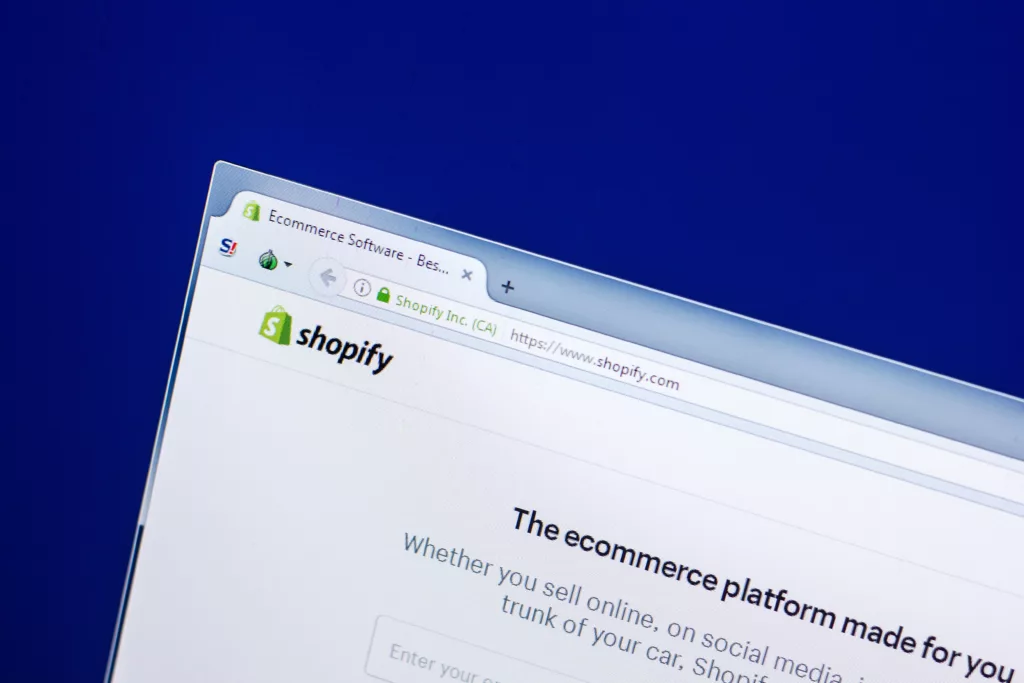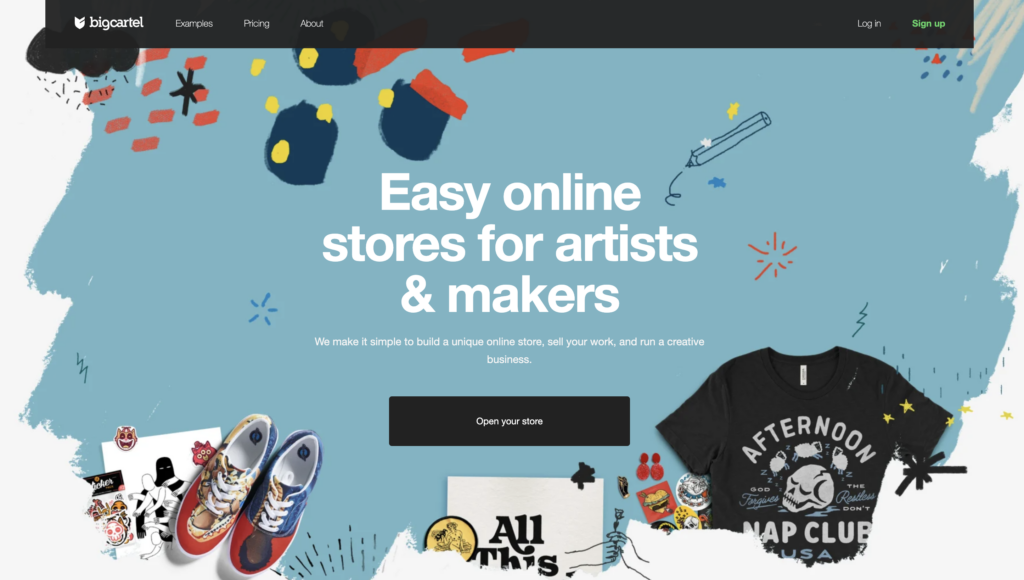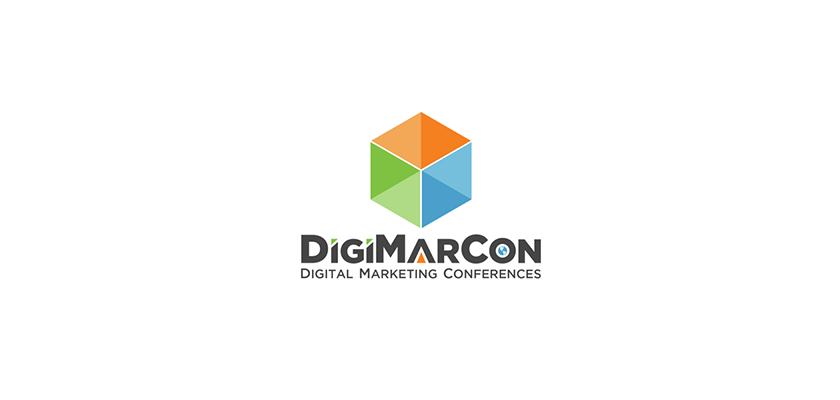
13 Best eCommerce Platforms for Retailers in 2024
For many eCommerce businesses knowing the most suitable eCommerce platforms to use that align and help meet your business objectives can be confusing, especially when you search for one in particular and five ads for other platforms that look like they do the exact same thing come up on your search results first.
If you have a team of people that can support eCommerce, finding the right platforms and knowing how to use these best to meet your goals should be pretty straightforward. However, you are starting a new small business on your own. In that case, getting an eCommerce ads agency like The Good Marketer onboard to assist you with their expert knowledge will be incredibly beneficial and save you a lot of time!
What is an eCommerce platform?
Let’s go back to the basics and look at an eCommerce platform and how they work in business. An eCommerce platform is a content management software that enables businesses to create, build and run an online store. This eCommerce platform can help small and large companies with web design, inventory, digital marketing and payment processes all on one platform.
There are two types of eCommerce platforms, cloud-based and self-hosting. Self-hosting platforms require you to be in control of your server, which can be stressful; however, it can give you more control over certain aspects.
A provider hosts cloud-based platforms and ensures you can design and manage your site without the hassle of maintenance.
What to Look For in an eCommerce Platform
The highest-rated eCommerce platforms on the market will offer many possibilities and features. Hence, you have a straightforward process and efficiently create the online presence of your dreams. As we mentioned previously, with the vast number of options available, selecting one that suits your business objectives and goals is critical. For example, if you are a small start-up with an inventory of 5 products, you won’t need to use a platform that supports large inventory. Considering these factors and determining the essential features you require will enable you to select a platform that is easy to use and within your budget.
Each eCommerce platform will have a standard list of features that they need to include to be considered one of the top platforms in the market; these include:
Security – This is one of the essential things you need to look for in any platform you plan to use for your business. For eCommerce platforms, security will ensure your customer’s data is stored safely to protect your site from fraudulent activity. One way you can check if your eCommerce platform is secure is if they offer password protection, SSL certificates and PCI compliance.
Customer Management – Any well-established eCommerce platform will include customer management within its features. Customer management includes things such as order history, loyalty, accounts and wishlists. Using these features will allow you to track customer behaviour and adapt your site and products to what your customers are looking for.
Product & Inventory Management – Ensuring you stay on top of your inventory is essential so you don’t run out of stock or oversell products to clients and have to refund them, which can be incredibly awkward! Most platforms will come with inventory management of some form; however, the in-depth features will depend on the capabilities of each platform. Product management is essential, so choose a platform offering multiple product variants, product reviews, inventory, etc.
Payment Processing – Accepting payments online is one of the essential factors for any eCommerce business. Every platform should offer payment processing; however, you must check what payment types they accept. If they are limited in options, you could opt for your own merchant account or payment process.
Shipping – Another essential part of your eCommerce business will be shipping. You will need to select a platform that offers multiple shipping integrations that align with the shipping you will offer customers.
Mobile Optimisation – Choose a platform that offers a mobile-friendly service. Ensuring your site looks good across, performs and responds efficiently and timely for both laptop users and mobile users is essential.
Marketing – Selecting a platform that offers marketing, such as abandoned cart emails and social media integrations, will benefit you as driving traffic to your site will be one of your main goals to increase conversion.
Analytics – You should find an eCommerce platform that offers analytics as a feature. You will need to have an understanding of analytics for your business and customers and how to make improvements for a better customer experience.
The Best eCommerce Platforms in 2023
An eCommerce platform will range in price depending on the size of your store, how many payment methods you need, SEO features, premium web design options and how many products you wish to add. The price can range anywhere from £5 per month to thousands!
To find the best choice for your business, you will need to consider a few things, including your monthly or annual budget, features you will require for success, the size of your business, and your turnover and stock.
We have done some of the hard work for you and put together our list of the seven best eCommerce platforms available in 2023:
1) Shopify
Create your own ecommerce platform with Shopify – Shopify UK
Shopify is one of the most well-known eCommerce platforms for its advanced features, including multiple plan options depending on your requirements, its dropshipping integrations and built-in selling. Shopify’s most used package is around £19 per month, which includes two staff accounts, abandoned basket recovery and POS (point of sale) access. Other plans offered by Shopify are available for £49 or £259, billed monthly.
The benefits of Shopify include free trial periods, drag and drop interface, multichannel selling and low-cost starter plans. Some things to remember are that there is no free plan option, they offer a limited selection of free themes (meaning you could pay more for a theme you love), and you will need to purchase your own custom domain name.

Features
- Easy-to-use website builder
- Secure payment processing
- Order management
- Marketing tools
- App store with a wide range of plugins
2) Experro
Experro is an advanced Digital Experience Platform (DXP) that stands out in the eCommerce landscape with its comprehensive headless solutions. It offers robust features such as AI-powered search and merchandising, which enhance the customer shopping experience by providing highly relevant product recommendations and personalized content.
Furthermore, Experro seamlessly integrates with leading eCommerce platforms like Shopify and BigCommerce, enabling retailers to create dynamic, scalable, and efficient online stores. Its flexibility and innovative capabilities make Experro an excellent choice for retailers looking to elevate their digital presence and drive sales.
Features:
- Easy to use drag & drop website builder
- AI Powered Search
- Merchandising Solutions
- eCommerce Storefront
3) Wix
Wix is a leading eCommerce platform offering an intuitive drag-and-drop interface and multiple effective and free online store templates. They provide feature plans with the possibility of abandoned basket recovery, recurring payments and unlimited products. Unfortunately, Wix’s storage makes it tricky for stores with a more extensive inventory or lots of content, such as product imagery or blogs. Wix is a beginner-friendly site with an all-in-one pricing plan of £15 per month, including a domain, hosting and an SSL certificate.

4) Squarespace
For £17 per month, Squarespace offers you a range of free templates, a drag-and-drop interface, the option to sell unlimited products and a professional Google email address. There are two other levels of pricing with Squarespace, which features eCommerce analytics, subscription selling and automated emails. Some things to consider with Wix are they do not offer multichannel selling, abandoned basket recovery does not come as a standard feature, and they do not offer free plans.
5) WordPress
WordPress.com: Build a Site, Sell Your Stuff, Start a Blog & More
WordPress offers pre-built components with drag-and-drop features meaning you can build your website without coding; perfect for beginners! With WordPress, you can develop and manage your store with control over its performance and have access to unlimited products, pages and posts. Unfortunately, WordPress does come with a slower page load speed and needs updating frequently.

6) Adobe Commerce
After a name change from Magento to Adobe Commerce, this platform includes a drag-and-drop interface, adobe integration and artificial intelligence. This platform is perfect for advanced personalisation and offers two plans, but a demo is needed to access the pricing structure. Adobe Commerce also features shoppers analysis; however, other suitable platforms exist for small businesses.
7) Square Online
Square Online is used within all industries with its drag-and-drop interface, multichannel selling and a vast range of delivery options. One great pro that Square Online offers is its free plan; however, for £9 per month, you can access a free domain name for a year. They also offer an advanced program; however, all options come with transaction fees, and you must have a progressive plan to access the abandoned cart features.
8) BigCommerce
Ecommerce for a New Era | BigCommerce
When using BigCommerce, you can access a drag-and-drop interface, no transactional fees, multichannel selling, abandoned cart recovery and a 15-day free trial! Built for selling online, BigCommerce offers features you will require to convert customers with unlimited storage and is an excellent option for international selling with flexible currencies. The building process, similar to the platforms we have already spoken about, is fairly straightforward. Do some research into BigCommerce if this seems like a potential platform for you, as their entry-level plan on the platform includes a limit on the number of sales you make per year.
Features
- Easy-to-use website builder
- Secure payment processing
- Order management
- Marketing tools
- App store with a wide range of plugins
Pricing
BigCommerce offers a range of plans starting at $29.95 per month for the standard plan and going up to $299.95 per month for the pro plan.
9) Volusion
Volusion: Ecommerce Website Builder & Online Selling Platform
Volusion is an eCommerce platform that’s designed to be easy to use. It’s a popular choice for businesses that are just starting out and need a simple platform that’s easy to set up.
Features
- Easy-to-use website builder
- Secure payment processing
- Order management
- Marketing tools
- App store with a range of plugins
10) WooCommerce
WooCommerce is a plugin for WordPress that turns your website into an eCommerce store. It’s free to use and has a wide range of features, making it a popular choice for businesses of all sizes.
Features
- Customisable website design
- Easy payment processing with PayPal and Stripe
- Order management
- Marketing tools
- A large community of developers and designers
11) Salesforce Commerce Cloud
Salesforce Commerce Cloud is a powerful eCommerce platform that’s designed for larger businesses. It’s a cloud-based platform that offers a range of features to help businesses manage their online stores.
Features
- Customisable website design
- Secure payment processing
- Order management
- Marketing tools
- Integration with Salesforce CRM
12) PrestaShop
Create and build your online business with PrestaShop
PrestaShop is a free and open-source eCommerce platform that’s designed for small to medium-sized businesses. It’s highly customisable and has various features for managing products, orders, payments, and more. PrestaShop also has a vast range of add-ons and integrations available.
13) Weebly
Weebly is a website builder that also has eCommerce functionality. It’s an excellent option for businesses that want an easy-to-use platform for creating a website and selling products online. Weebly has a range of templates and design tools, and features for managing products, payments, and shipping.
14) Big Cartel
Big Cartel is an eCommerce platform that’s designed for artists and makers. It’s an excellent option for businesses selling handmade or unique products online. Big Cartel has various features for managing products, payments, and shipping.

Conclusion
These platforms all come with their own unique features, pros, and cons, meaning there will be an option out there for everyone, and now you know a bit more about eCommerce platforms and the options available to you!
Remember – these platforms are not ‘one size fits all’, and you should research these to ensure they are right for you and your business.






















